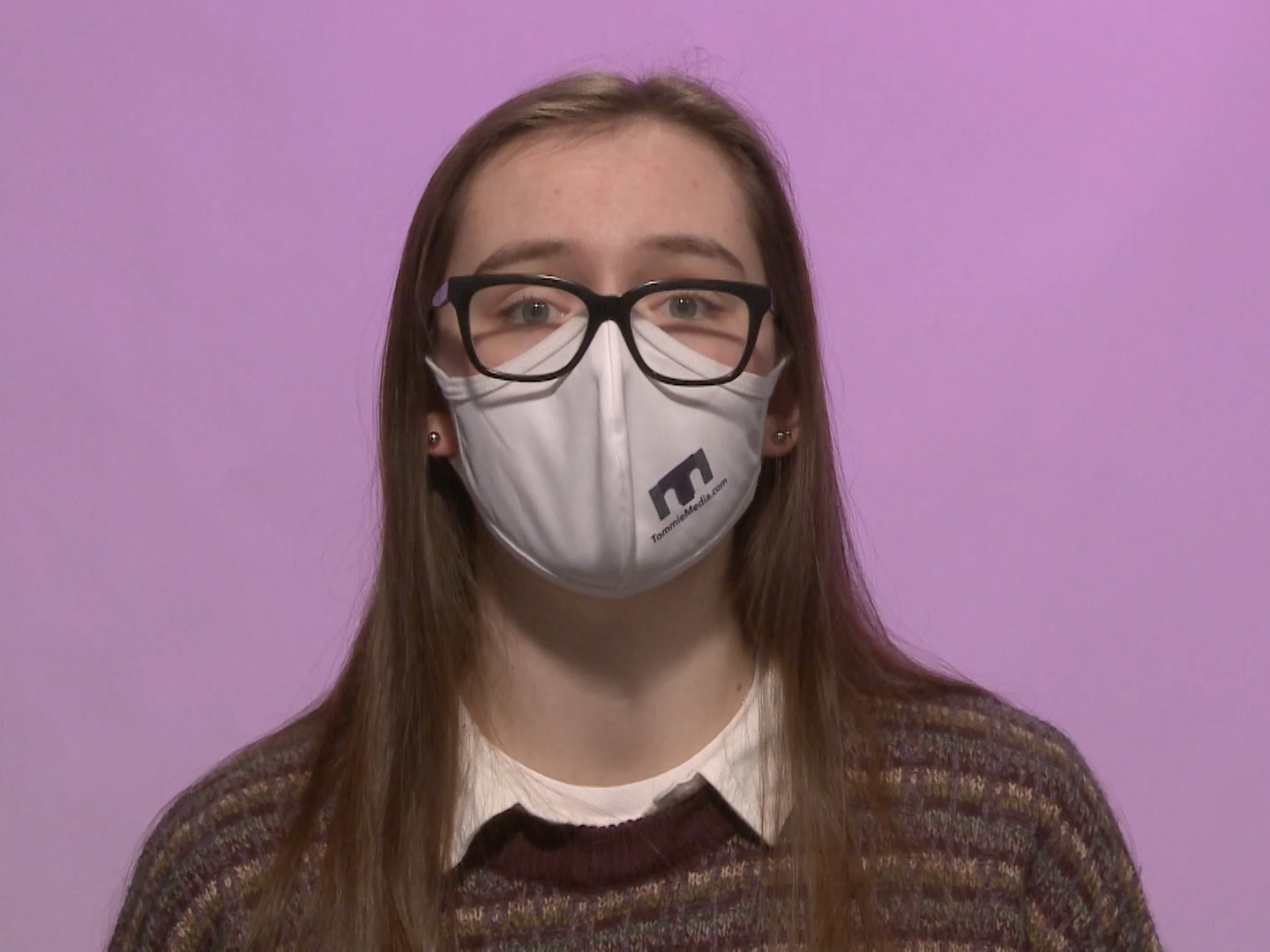U.S. government agencies were ordered to scour their networks for malware and disconnect potentially compromised servers after authorities learned that the Treasury and Commerce departments were hacked in a months long global cyber-espionage campaign discovered when a prominent cybersecurity firm learned it had been breached.
In a rare emergency directive issued late Sunday, the Department of Homeland Security’s cybersecurity arm warned of an “unacceptable risk” to the executive branch from a feared large-scale penetration of U.S. government agencies that could date back to mid-year or earlier.
The hacked cybersecurity company, FireEye, would not say who it suspected — many experts believe the operation is Russian given the careful tradecraft — and noted that foreign governments and major corporations were also compromised.
News of the hacks, first reported by Reuters, came less than a week after FireEye disclosed that nation-state hackers had broken into its network and stolen the company’s own hacking tools.
The apparent conduit for the Treasury and Commerce Department hacks — and the FireEye compromise — is a hugely popular piece of server software called SolarWinds. It is used by hundreds of thousands of organizations globally, including most Fortune 500 companies and multiple U.S. federal agencies, which will now be scrambling to patch up their networks, said Alperovitch, the former chief technical officer of the cybersecurity firm CrowdStrike.
Following the approval of several key permits through Nov. 30, a new Line 3 crude oil pipeline is set to run across northern Minnesota, with construction already underway.
Citing concerns about the environmental impacts of oil spills, the health risks and effects on Indigenous communities, some University of Minnesota students, faculty and alumni have been fighting the Enbridge Energy pipeline for years.
The new Line 3 pipeline will replace an older Line 3 pipeline that was built in the 1960s and will run from Alberta, Canada through North Dakota and northern Minnesota before ending in Superior, Wisconsin. This new pipeline can transfer nearly 760,000 barrels of crude oil per day and will emit 273.5 million tons of carbon dioxide per year, The Minnesota Daily reported.
Enbridge Energy was responsible for the largest inland oil spill in the country when a Michigan pipeline burst in 2010 and leaked at least 1 million gallons of oil into the Kalamazoo River.
VitiSchedule is an app being developed for Apple and Android devices by St. Thomas senior and computer science major Rachel Farah to help autistic children during online school. Farah plans to release the app in early 2021.
Farah came up with the idea when COVID-19 hit and she realized, after a conversation with a therapist to autistic children, the struggle these children were having without an educator and a schedule. She created VitiSchedule, which is a mobile app that helps autistic children visualize their daily schedule through the use of icons and the phone’s calendar.
VitiSchedule is intended to be used as a way to aid parents during online learning. The app allows parents to click on the day and select icons to give their children of all ages a schedule.
Maddie Peters can be reached at pete9542@stthomas.edu.


